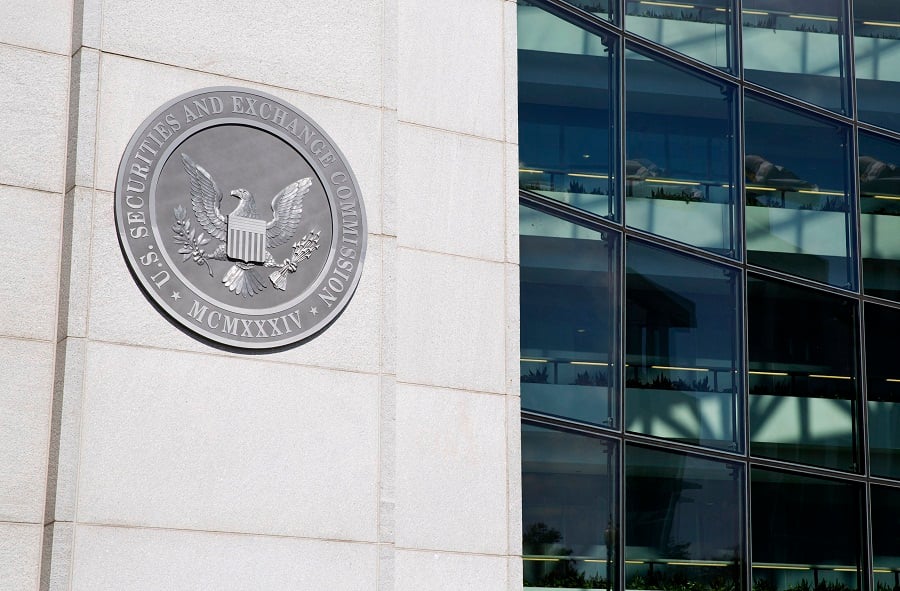

Hedge funds have long complained about U.S. rules that force them to reveal their investments to other traders. For many money managers, that obligation could be going away.
The Securities and Exchange Commission said Friday that it’s considering requiring only investors who hold at least $3.5 billion in equities to disclose their holdings quarterly. Under current requirements, fund managers with at least $100 million in securities must report their investments every three months. The proposal would mark a dramatic easing of rules that haven’t been changed in more than four decades.
If the shift happened, the SEC said that 90% of the dollar value of U.S. stock holdings now reported would continue to be publicly disclosed. Under the plan, almost 90% of smaller fund managers would no longer have to report their investments and their firms would save as much as $136 million a year, according to the agency’s estimates.
Hedge funds, mutual funds and other money managers reveal equity investments in forms known as 13Fs. They must be filed within 45 days of the end of each quarter. The documents show a fund’s holdings in stocks that trade on U.S. exchanges, as well as options and convertible debt. The filings don’t include non-U.S. traded securities or wagers against stocks, nor do they show the price at which a fund bought or sold a security.
“Today’s proposal will update, for the first time in over 40 years, the 13F reporting threshold to a level that furthers the statutory goal of enabling the SEC to monitor holdings of larger investment managers while reducing unnecessary burdens on smaller managers,” SEC Chairman Jay Clayton said in a statement.
Democratic SEC Commissioner Allison Lee said she opposed the change, arguing that the predicted industry cost savings aren’t justification for the public losing “visibility into portfolios controlling $2.3 trillion in assets.” She also questioned the accuracy of the cost-savings estimate and whether Congress actually granted the SEC the authority to relax the disclosure rules as proposed.
“This proposal joins a long list of recent actions that decrease transparency and reduce both the commission’s and the public’s access to information about our markets,” Lee said in a statement.
The SEC will seek public comment on its proposal for 60 days. One impact of the plan is that it could prevent well-known hedge fund managers who have limited investments in stocks from revealing their holdings.
Clayton, handpicked by President Donald Trump, has prioritized easing regulatory requirements for smaller companies by letting them disclose less information than their larger counterparts.

Markets digest latest words on trade war, Fed chair’s position.

More advisors are using subscription models for financial planning services.

From Powell to China, president eases back rhetoric.

And profit guidance is set to weaken further in coming quarters.

Gold trades above $3,330 amid mixed tariff signals.
RIAs face rising regulatory pressure in 2025. Forward-looking firms are responding with embedded technology, not more paperwork.
As inheritances are set to reshape client portfolios and next-gen heirs demand digital-first experiences, firms are retooling their wealth tech stacks and succession models in real time.
